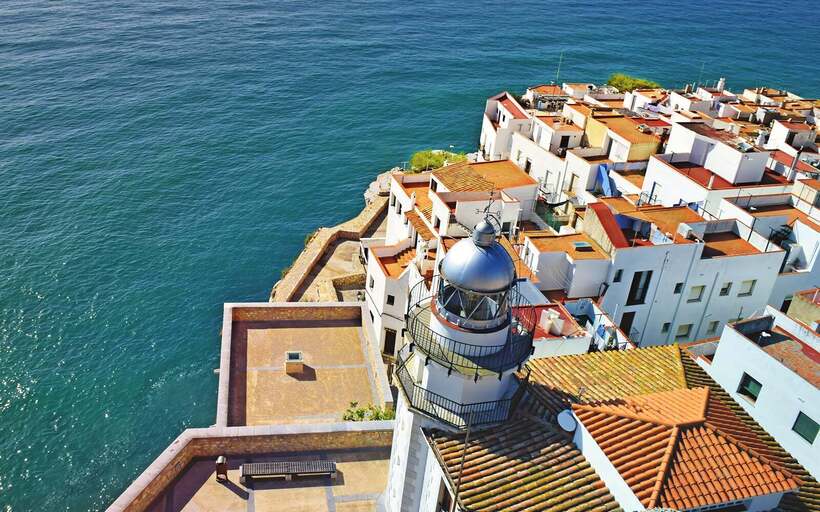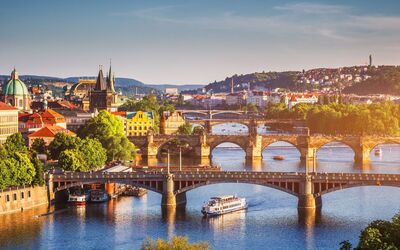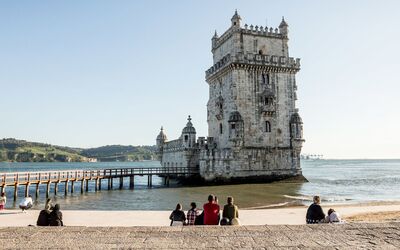Portugal’s Prime Minister António Costa has confirmed the end of the country’s Golden Visa program, which offers residency permits to non-European Union citizens who invest in Portugal.
The Portuguese Golden Visa was first introduced in 2012 to stimulate the country’s economy by encouraging foreign investment. According to the Foreigners and Border Service (SEF), Golden Visa real estate investments have brought Portugal an additional €6,54 billion in the last decade. However, the program has been criticized for its potential to facilitate money laundering and corruption and cause housing prices to skyrocket in major cities like Lisbon and Porto. In response to these concerns, the Portuguese government has decided to permanently end the Golden Visa program.
The government has also announced measures to increase transparency and combat money laundering in the real estate market. These measures include the creation of a national register of beneficial owners of real estate, which will require all owners to disclose their identity and the origin of their funds.
According to Costa, the decision to end the program is part of the government’s efforts to modernize the country and make it more competitive in the global economy. The Prime Minister stated that the goal was to attract investors who are interested in the long-term development of Portugal and not just those looking for a quick and easy way to obtain a European residence permit.
The end of the Golden Visa program is expected to significantly impact the Portuguese real estate market, which has relied heavily on foreign investment in recent years. However, experts doubt that the program’s demise could help solve the housing problem in big Portuguese cities.
According to the Ministry, cited by Jornal de Negócios, the Immigration and Borders Service (SEF) can continue to accept requests until the program is officially revoked. However, from the moment the revocation is announced, "all requests that have been made after this date are aware of this condition, so there is no guarantee of analysis and decision, and the procedure is terminated as soon as the law comes into force." The first official announcement was made on February 16, 2023, meaning that all applications made after this date are jeopardized.
The government has also declared that it will introduce new investment programs to replace the Golden Visa program, although details on these programs have not yet been released.
The end of the Golden Visa program represents a significant shift for Portugal and its approach to foreign investment. It will be interesting to see what new investment programs the government introduces and how these programs will shape the country’s economy in the years to come.
Read also: The Greek Residency by Investment Program, how it works and its benefits
What alternatives to Portugal’s Golden Visa program do investors have?
The Portuguese Golden Visa program was the fastest route to the citizenship in EU through investment, as its holders could apply for citizenship after five years without actually living in the country. Investors who would like to take the real estate investment route to obtain a residency permit in the EU can consider the investment programs in Spain(€ 500,000), Greece (€250,000), and Malta (€300,000).
Spanish and Greek programs both require their participants to actually reside in the respective country. Those who want to obtain a residence permit or citizenship in the EU without the obligation to live in a certain country can consider Malta’s Individual Investor Program of the Republic (IIP) which is a citizenship-by-investment program. Citizenship can be granted by a certificate of naturalization to foreign investors and their families who contributed to the country’s economy following a 12-month or 36-month residence period. The different residency terms chosen attract different contribution levels to the Malta government. For instance, a single applicant selecting a 12-month residency period must make a non-refundable contribution to the government of €750,000. In addition to making this contribution, investors must purchase a residential property in Malta for at least €700,000, which must be held for five years, or lease a residential property for at least €16,000 per annum.








